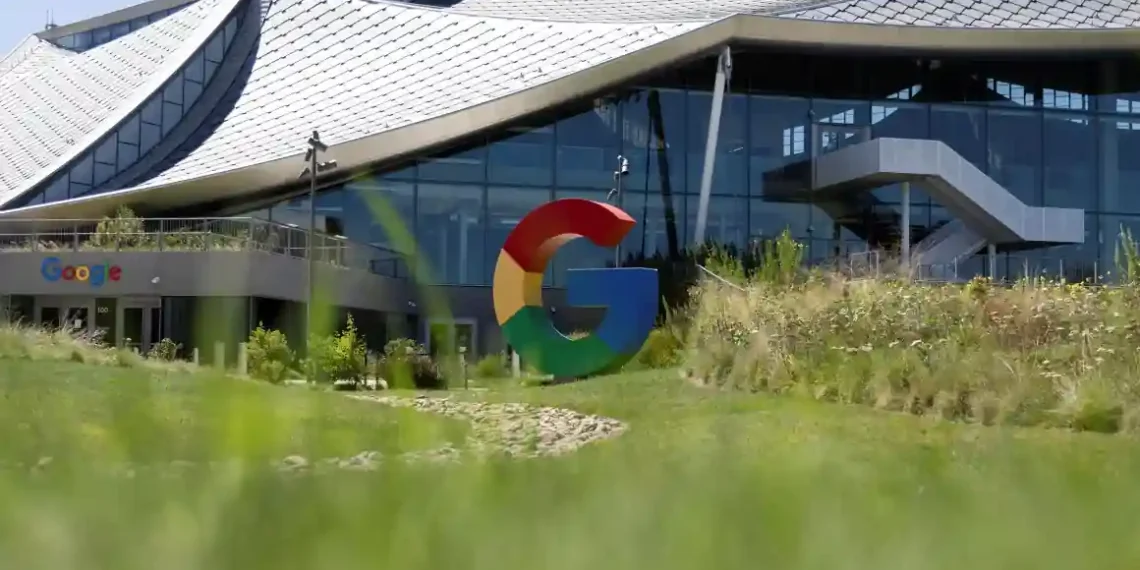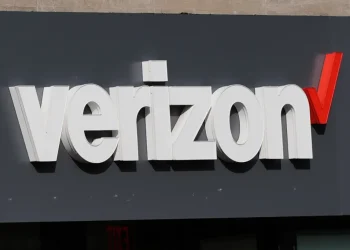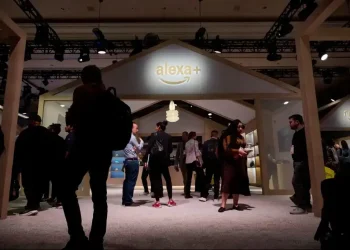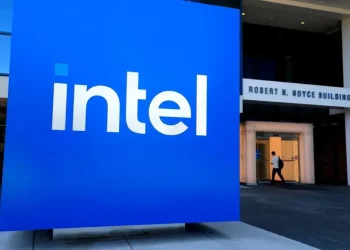Google’s Online Ad Monopoly Under Fire: Court Rules Against Tech Giant
In a landmark ruling, a federal judge in Virginia has determined that Google’s dominance in the online advertising space amounts to an illegal monopoly. The decision, a win for the U.S. Justice Department, could have far-reaching consequences for the way websites operate and how advertisers reach audiences online.
This ruling marks the second major victory for the U.S. government against Google in less than a year, following earlier decisions that found the company had monopolized key sectors of the internet, including online search. In December 2023, a federal jury also determined that Google’s app store practices violated antitrust laws. These three major rulings collectively paint a troubling picture for Google, signaling the potential for hefty penalties and significant changes to its business practices—though ongoing appeals are expected to delay any final consequences.
The case focuses on a critical part of Google’s advertising business—the $31 billion platform that connects website publishers with advertisers. This advertising “stack” of technologies powers the display of banner ads across millions of websites, shaping the digital advertising ecosystem.
The Justice Department’s lawsuit stems from years of concerns that Google’s extensive control over both the tools advertisers use and the spaces publishers offer for ads has created a conflict of interest. Judge Leonie Brinkema, ruling on the case, sided with the Justice Department’s argument that Google’s bundling of its ad server and publisher exchange effectively locked out competitors, allowing the company to “establish and protect its monopoly power.”
While the court agreed with much of the government’s case, it did not fully endorse all of the Justice Department’s claims. For instance, Judge Brinkema dismissed allegations concerning Google’s ad networks for online advertisers, noting that they did not harm competition in the market.
“We won half of this case and will appeal the other half,” said Google’s Vice President of Regulatory Affairs, Lee-Anne Mulholland. She argued that Google’s ad tools, including acquisitions like DoubleClick, have not harmed competition and that publishers continue to choose Google because its offerings are simple, affordable, and effective.
However, Brinkema’s ruling still delivered a blow to Google’s dominance in the ad-tech space. Her decision points to how Google’s behavior has hindered rivals’ ability to compete, harming not only other businesses but ultimately the broader digital ecosystem.
The ruling raises the possibility that Google could be required to divest parts of its online advertising business. While some experts are skeptical of such a drastic move—especially given that the government did not win on all fronts—others warn that Google could face restrictive conduct remedies. These could include limitations on how the company operates its ad tools or prices its services, which would significantly impact its bottom line.
William Kovacic, a law professor at George Washington University, explained that in antitrust cases, remedies are typically tied to the scale of the illegal behavior found. “The broader the finding of illegality, the more extensive the remedy,” he said, noting that Google could be left with restrictions that affect its business operations.
The ruling has been hailed as a major victory by critics of Google’s dominance in the digital space. Sacha Haworth, Executive Director of the Tech Oversight Project, called it an “unequivocal win for the American people,” arguing that Google’s unchecked power had been stifling the media industry and inflating costs for consumers.
Senator Elizabeth Warren also chimed in, celebrating the decision as a “big win in the fight to break up Big Tech.” Warren’s statement underscores the broader regulatory efforts to rein in the influence of tech giants, which include other companies like Apple, Meta, and Amazon.
The case is part of a growing global movement to curb the power of large tech companies. Just this week, Meta CEO Mark Zuckerberg was questioned in a separate antitrust trial, where the Federal Trade Commission accused Meta of stifling competition by acquiring potential rivals.
While Google is certain to appeal this decision, the ruling may inspire further global efforts to rein in the company’s power. As Kovacic noted, this case could lend momentum to ongoing regulatory efforts in the U.S. and beyond, encouraging lawmakers and regulators to take a tougher stance on tech giants.
For now, the ruling is a significant step in the U.S. government’s ongoing battle to reshape the digital landscape, and it could set the stage for more challenges to Google’s monopolistic practices in the future. How the company responds—and whether further action is taken to limit its power—remains to be seen.
This article was rewritten by JournosNews.com based on verified reporting from trusted sources. The content has been independently reviewed, fact-checked, and edited for accuracy, neutrality, tone, and global readability in accordance with Google News and AdSense standards.
All opinions, quotes, or statements from contributors, experts, or sourced organizations do not necessarily reflect the views of JournosNews.com. JournosNews.com maintains full editorial independence from any external funders, sponsors, or organizations.
Stay informed with JournosNews.com — your trusted source for verified global reporting and in-depth analysis. Follow us on Google News, BlueSky, and X for real-time updates.














